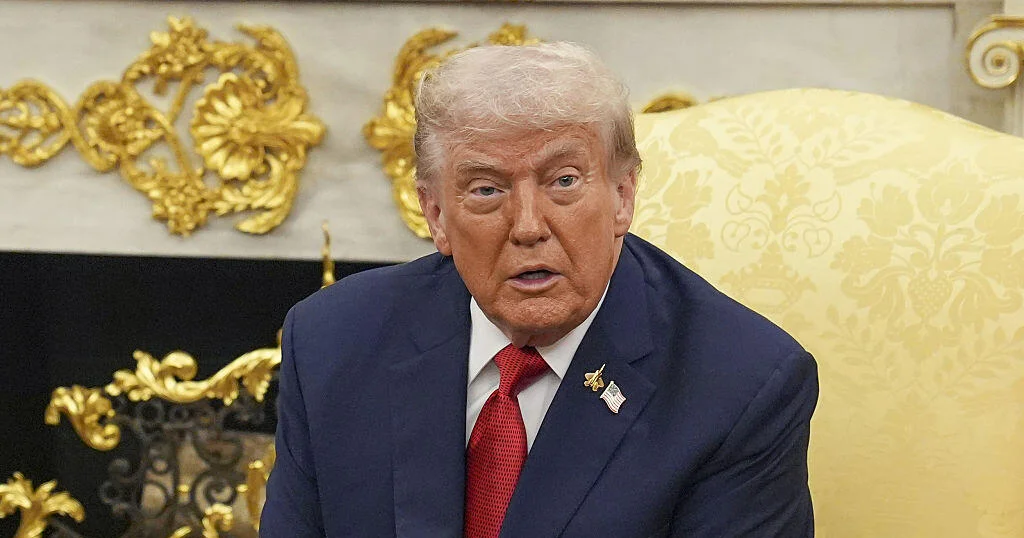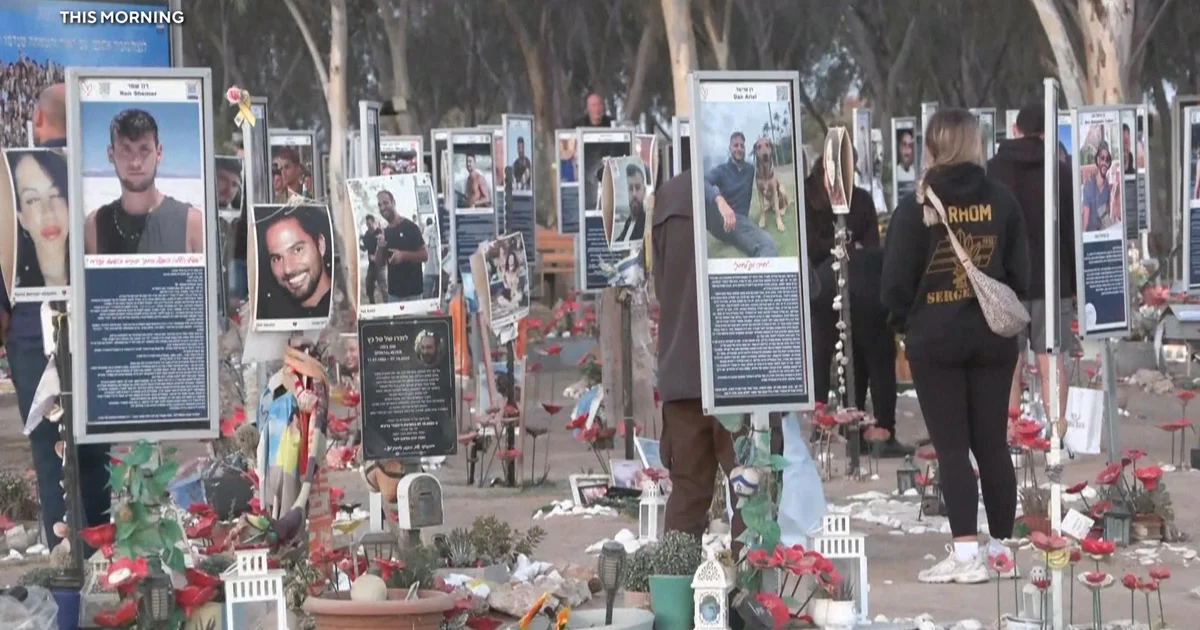Government shutdown live updates as Trump is set to meet with congressional leaders

It lists activities that are excepted under the Antideficiency Act, the law that bars agencies from spending without approval from Congress, and says employees whose work is not excepted will be furloughed. Employees who continue to work through a shutdown are not paid until Congress approves more funding.
“Civilian personnel, including military technicians, who are not necessary to carry out or support excepted activities, are to be furloughed using lapse in appropriations (often referred to as ‘shutdown’) procedures and guidance provided by the Office of Personnel Management,” the document says. “Only the minimum number of civilian employees necessary to carry out excepted activities will be excepted from furlough.”
President Ronald Reagan oversaw eight shutdowns during his time in office, the longest of which lasted three days. There were three funding gaps between 1990 and 1995, then none until 2013.
The threat of a government shutdown has become more frequent over the past decade, as Congress has found itself engaged in funding fights that are ultimately resolved with massive, year-long spending packages. The most recent lapse in government funding, in late 2018, caused $3 billion in permanent losses, according to the Congressional Budget Office. Hundreds of thousands of federal workers are expected to feel the impacts of a shutdown if a deal isn’t reached this time around.
Read about the 14 times the government has shut down since 1980 here.
But Senate Democrats appear mostly united in opposing the bill, arguing Republicans should have negotiated with them to find an outcome they could support. Senators are returning to the Capitol on Monday afternoon, where they are set to convene at 3 p.m. to search for a path forward.
Thune told NBC that whether the government shuts down is “totally up to the Democrats,” outlining that “there is a bill sitting at the desk in the Senate right now” that the House passed that would keep the government open. He said the continuing resolution could get another vote this week.
“This decision, in my judgment at this point in time, is up to a handful of Democrats,” Thune said. “We need eight Democrats to pass it through the Senate.”



